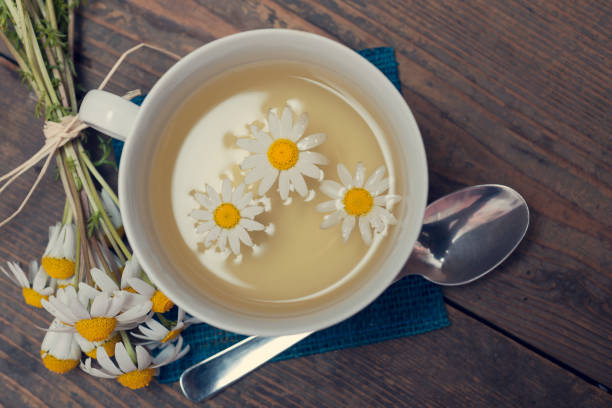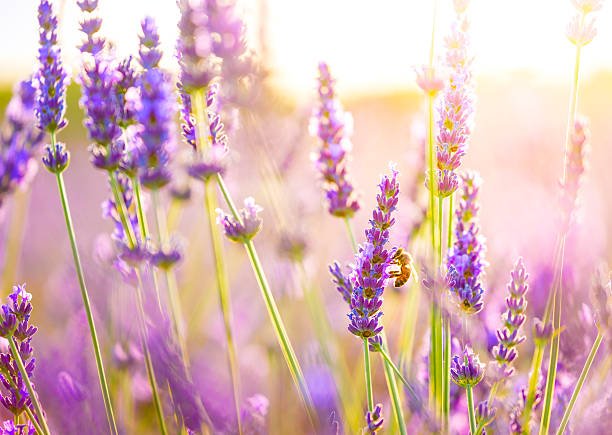Chamomile
Why do people take chamomile?
Chamomile is considered a safe plant and has been used in many cultures for stomach ailments and as a mild sedative. Some studies, primarily using combinations of chamomile with other plants, show it may have health benefits. However, as with any combination product, it is hard to say that a benefit comes from any one plant.
One product with chamomile and other herbal medicines has been shown to ease upset stomach, heartburn, nausea, and vomiting. Another mixture with chamomile seems to help colicky babies.
A mouth rinse with chamomile might relieve mouth sores caused by cancer treatments. Some research suggests that chamomile could help with other conditions, like diarrhea in children, hemorrhoids, anxiety, and insomnia. When used on the skin, chamomile might help with skin irritation and wound healing. Some research has documented that it may be as effective as hydrocortisone cream for eczema.
How much chamomile should you take?
There is no standard dose of chamomile. Studies have used between 900 milligrams to 1200. milligrams daily in capsule form. The most common form is a tea, and some people drink one to four cups daily. To make chamomile tea, steep a chamomile tea bag or chamomile flowers in hot water for 5 to 10 minutes in a mug covered with a saucer. Then, drink the infusion when it has cooled to the point it is safe to drink. Ask your doctor for other advice.
Can you get chamomile naturally from foods?
Chamomile flowers are a common ingredient in teas. They’re also used as a flavoring in other foods and drinks.
What are the risks of taking chamomile?
- Side effects. Most experts say chamomile is safe. It can cause drowsiness and, in large doses, vomiting. It also has the potential to trigger allergic reactions in people who are allergic to related plants in the daisy family, although such reactions are very rare. Avoid it if you are allergic to these plants: chamomile, ragweed, daisies, marigolds, or chrysanthemums. Skin creams with chamomile can cause allergic eczema and irritate the eyes. The effects of long-term chamomile use aren’t known.
- Risks. Check with your doctor before using chamomile if you have any health problems. Chamomile contains a small amount of coumarin, which may have very mild blood thinning effects, but usually just in high doses for long periods of time. Stop using chamomile two weeks before surgery due to concerns about its possible interactions with anesthetic drugs.
- Interactions. If you take any drugs regularly, talk to your doctor before you start using chamomile supplements. They could interact with sedatives, blood thinners, antiplatelet drugs, aspirin, NSAID painkillers like ibuprofen and naproxen, and other drugs. Chamomile could also interact with supplements like ginkgo biloba, garlic, saw palmetto, St. John’s wort, and valerian.
Given the lack of evidence about its long-term safety, chamomile is not recommended for women who are pregnant or breastfeeding. Talk to a pediatrician before giving chamomile to infants and children.
Reference: Webmd
Written by: Omojo Emeje



